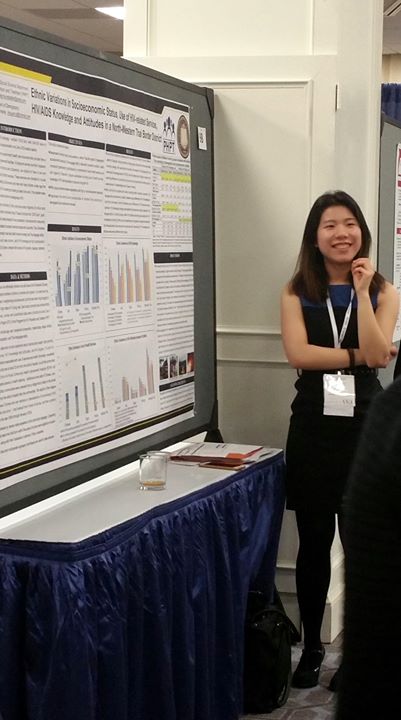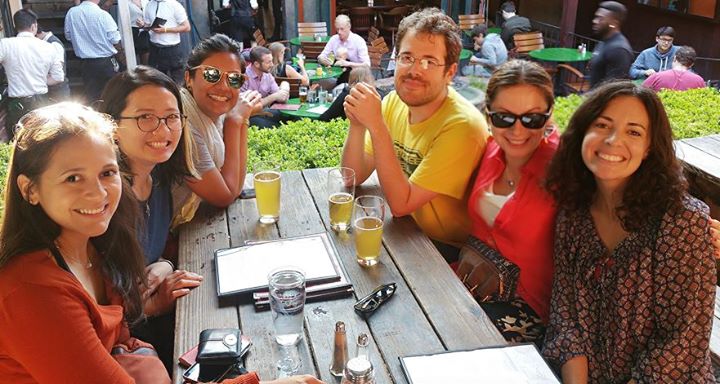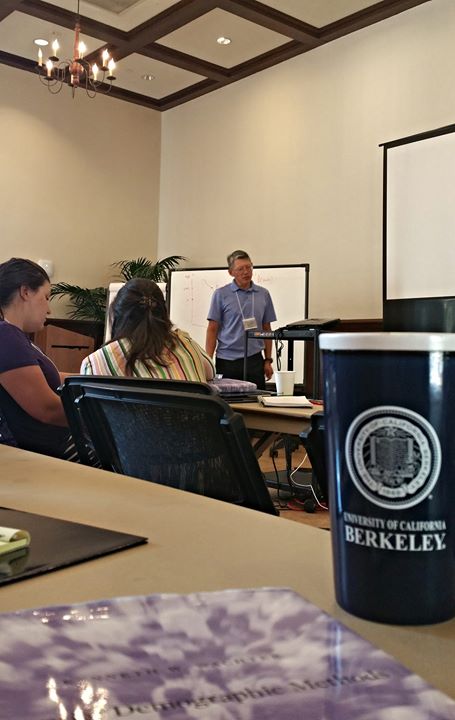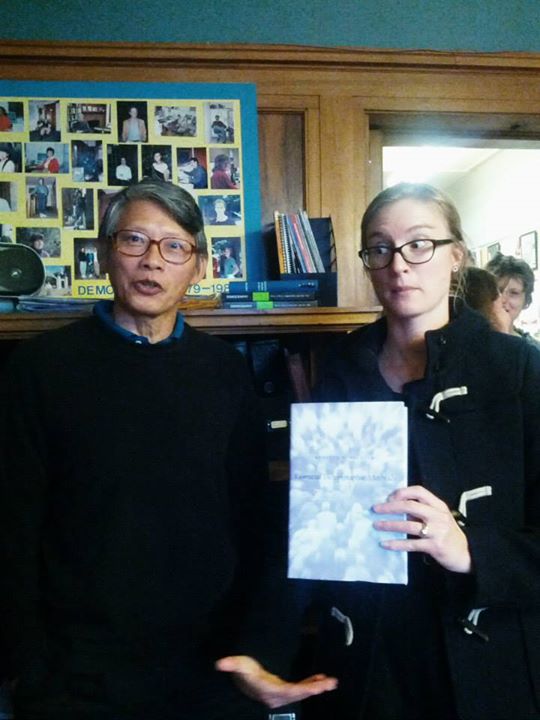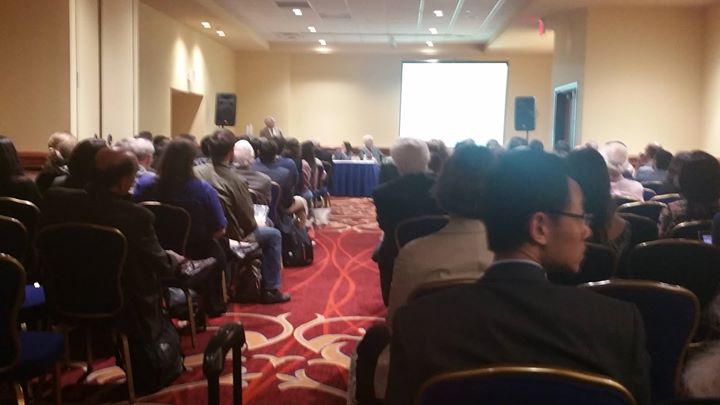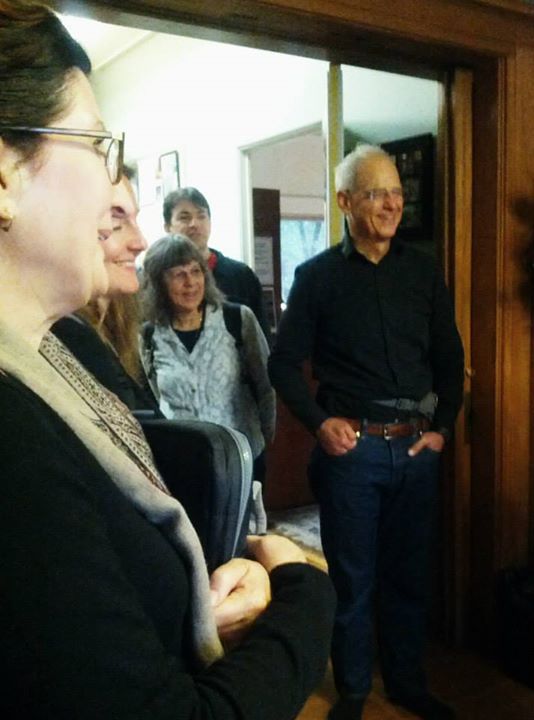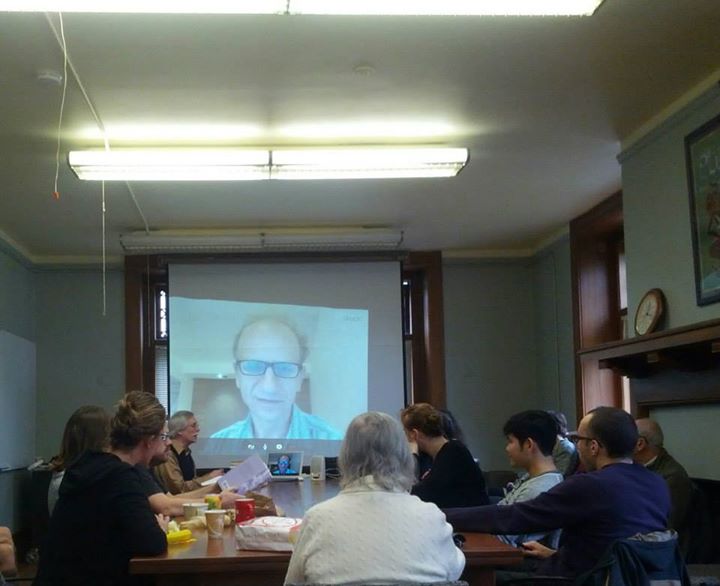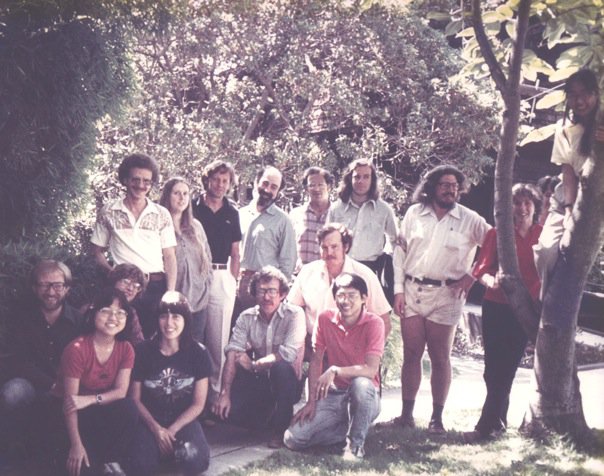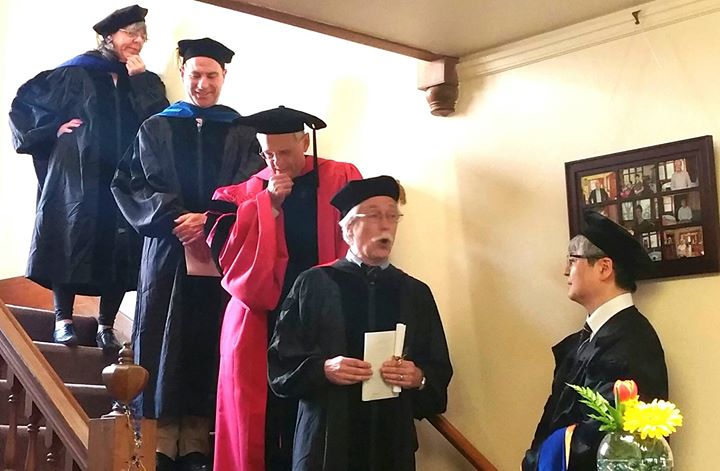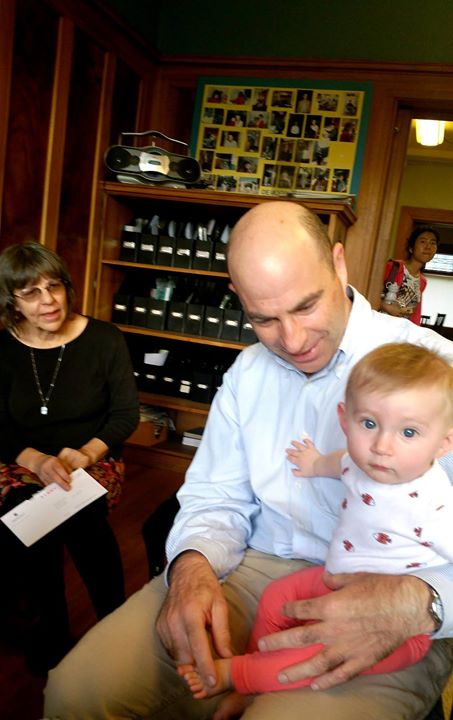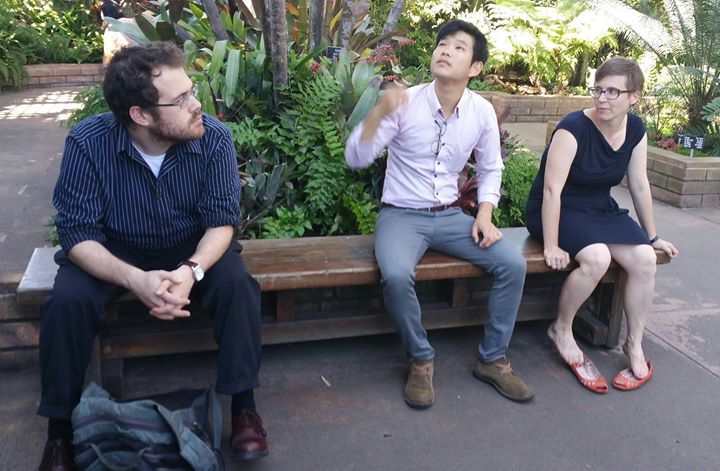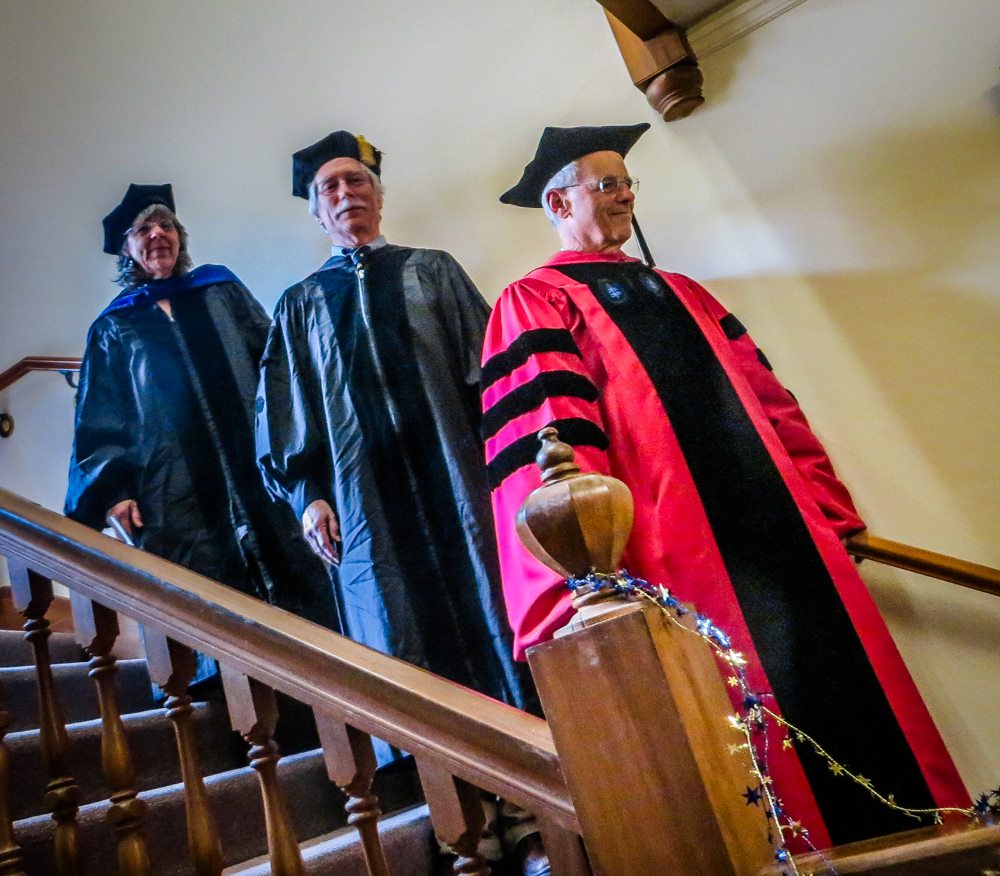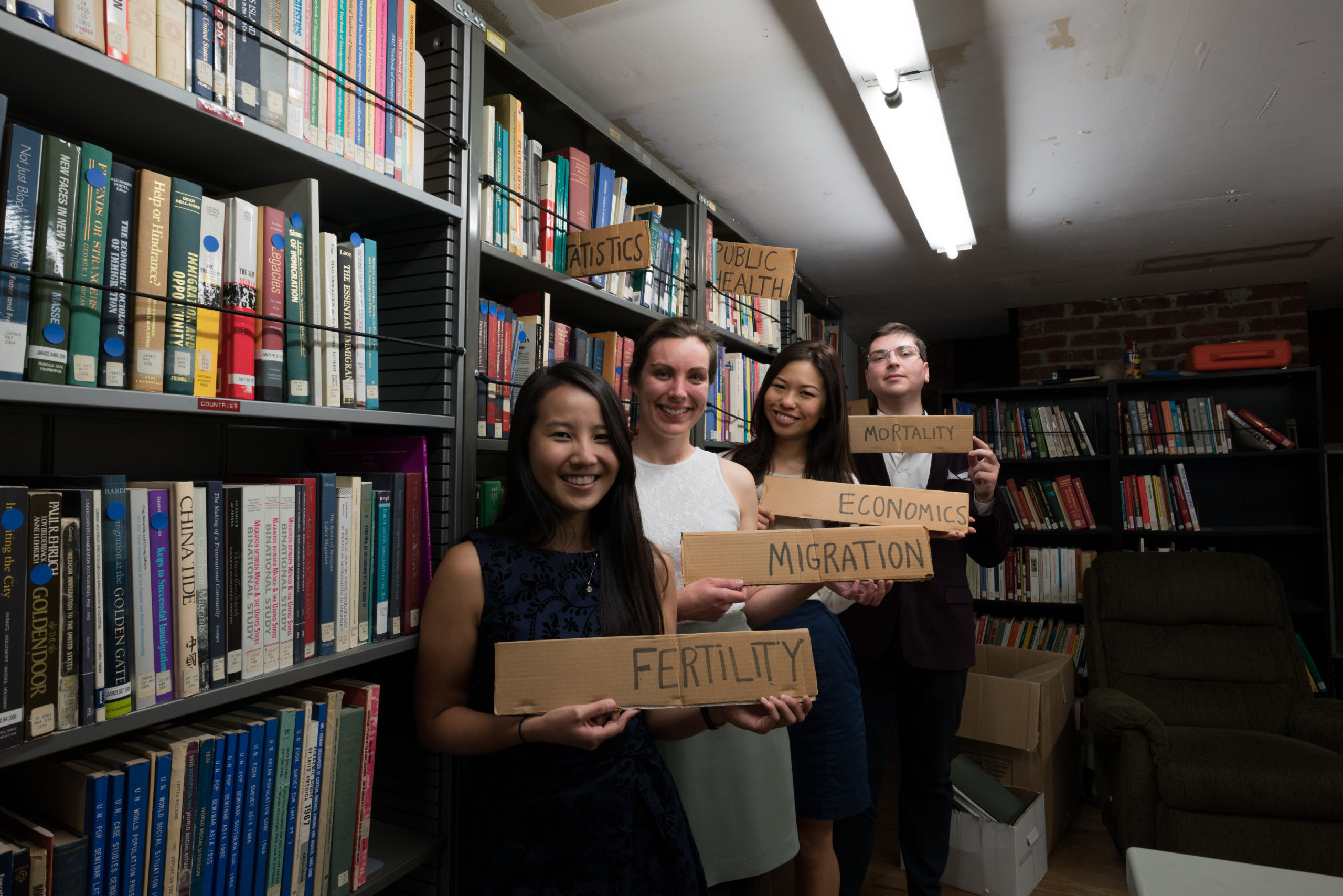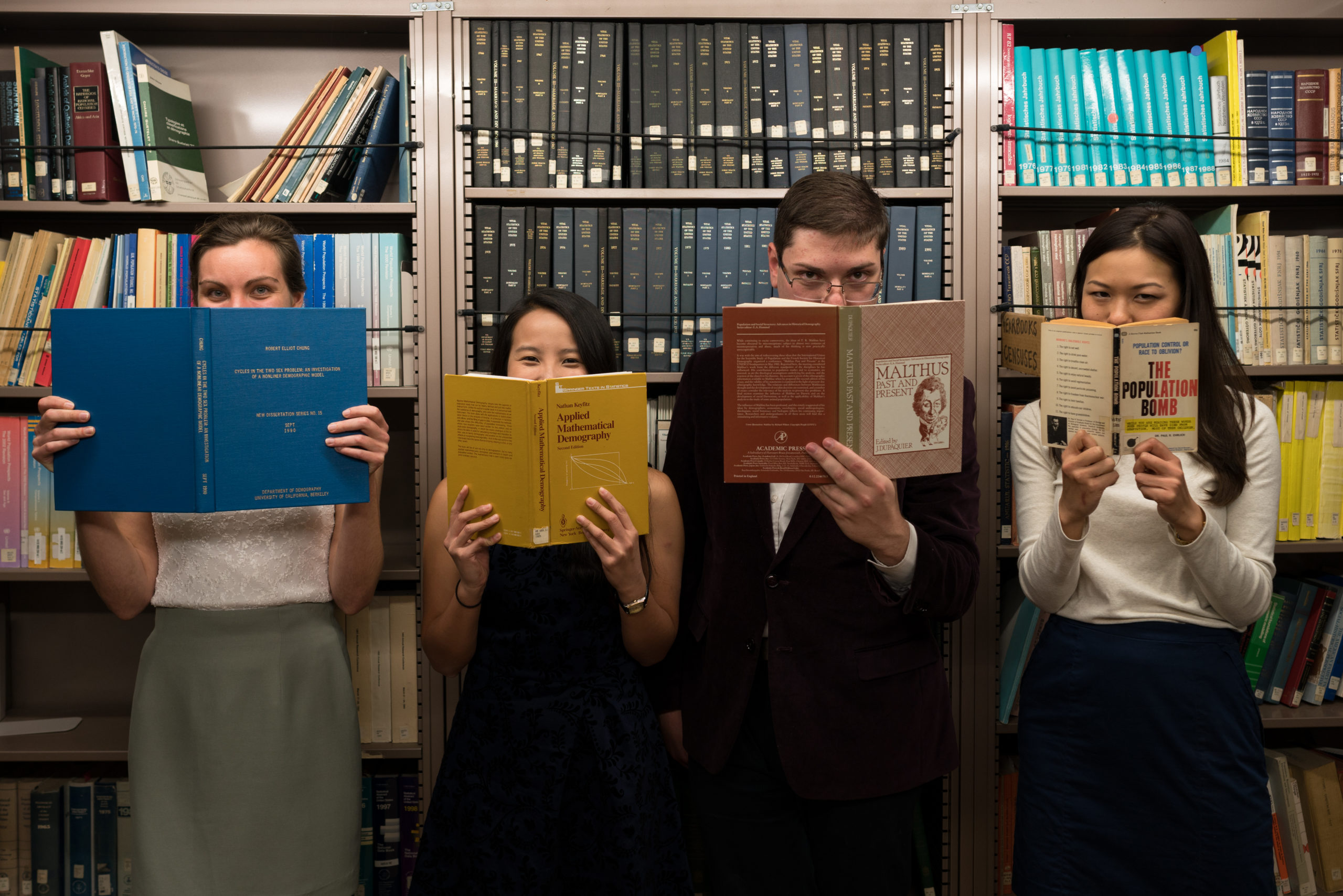About Berkeley Demography
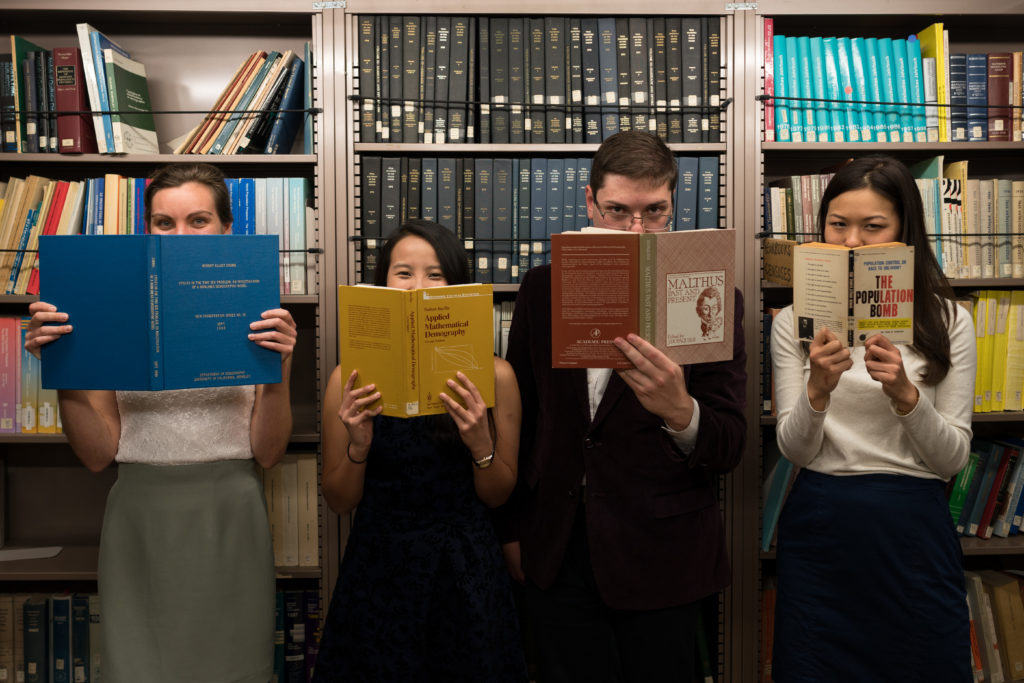
Demographic forces drive the shape of global challenges and personal opportunities. Students and faculty at the Department of Demography at UC Berkeley study the deep structure behind these changes. Emphases include the potential for further extensions of lifespan in mathematical, evolutionary, and empirical context; economic transfers, both public and private, between age groups and generations and their links with poverty, prosperity, economic growth, and lifetime choices; culture and intentionality in fertility and family formation; affiliation and opportunity in a spatially and socially mobile world; and the emerging field of human rights demography, the measurement of victimization and need in the face of violence and complex emergencies.
Continuing a tradition begun in 1965, the Department of Demography offers training for advanced degrees in demography. The program is one of the very few in the United States granting graduate degrees in demography, rather than treating the subject as a field of specialization within another discipline, typically sociology. This training strategy permits greater concentration and depth in demography, as well as program flexibility and breadth in related subjects, helping students to attain both competence in the quantitative aspects of demography and breadth in social science theory and substance. A special characteristic of the program is its emphasis on individual interest, allowing students to pursue their own intellectual concerns while preserving the highest standards through rigorous theoretical and methodological training. Training and research explore anthropological, economic, historical, mathematical, statistical, and social aspects of demography. Computer applications, including exploratory statistical analysis and microsimulation techniques, are strongly emphasized.
The Department has advanced computing facilities consisting of state-of-the-art UNIX workstations and servers, networked PCs, and access to IBM mainframe services. The Department has its own non-circulating library, the Allan Sharlin Memorial Library, hosting a wide collection of books and periodicals in the field of demography.
Faculty
In addition to the core faculty in the Demography Department and the Graduate Group in Sociology and Demography, a larger group of affiliated faculty members from other department and schools participates in instruction and dissertation supervision. The affiliated faculty has a permanent representative in the department’s governance. In addition, distinguished visitors teach in the department.

Students
The graduate student population is well balanced, with almost equal numbers of women and men (fluctuations occur with each incoming class). About half of our students are international scholars from Africa, Asia, Europe, Latin America, and the Middle East. The Department’s completion rate is above 90%.
Graduates of the Demography programs at UC Berkeley have found positions in academic institutions such as:
They have also found positions at research institutes such as:
They also work in public and private foundations, such as Kaiser Permanente, and federal and state bodies that include the National Research Council, Office of California Statewide Health Planning, US Agency for International Development, and US Census Bureau.
The academic program in demography begins with regularly scheduled courses and seminars. They are augmented by individually designed reading courses, departmental colloquia and lecture series, personal advising and supervision by the graduate adviser and faculty members, as well as informal study groups with peers. Research assistantships, financed through faculty research grants, complement academic courses in developing professional skills. Teaching assistantships help to develop teaching abilities and credentials.
The UC Berkeley demography program is widely regarded as one of the best and most creative in the world. We occupy a unique niche in the population studies landscape, with a strong focus on formal demography, population theory, and the relationship between demographic dynamics and social, cultural, and economic dynamics.
Berkeley Population Classics
Berkeley has a fifty-year tradition of diverse and path-breaking analysis in the field of population.
Here is a sampling of Berkeley “classics”

